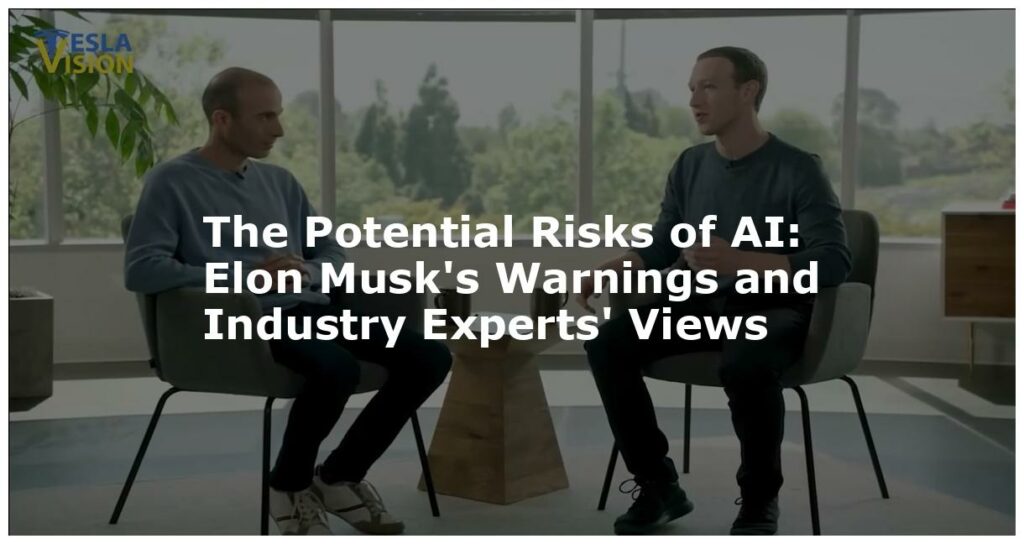Elon Musk warns of potential negative consequences of AI

The warnings of Elon Musk about the possible downsides of AI have become a recurring theme in the technology industry. According to Musk, though AI has made our lives easier, it also comes with associated risks that some people may not fully understand. Musk believes that machines with superintelligence could pose an existential threat to humanity, since they could eventually take over the control of humans.
The fear is justified, considering the fast development of AI, and the lack of regulations to ensure its ethical and responsible use. Therefore, it is crucial for the technology industry to take the necessary steps to mitigate the risk associated with the use of AI.
Tech corporations may try to suppress negative information about AI
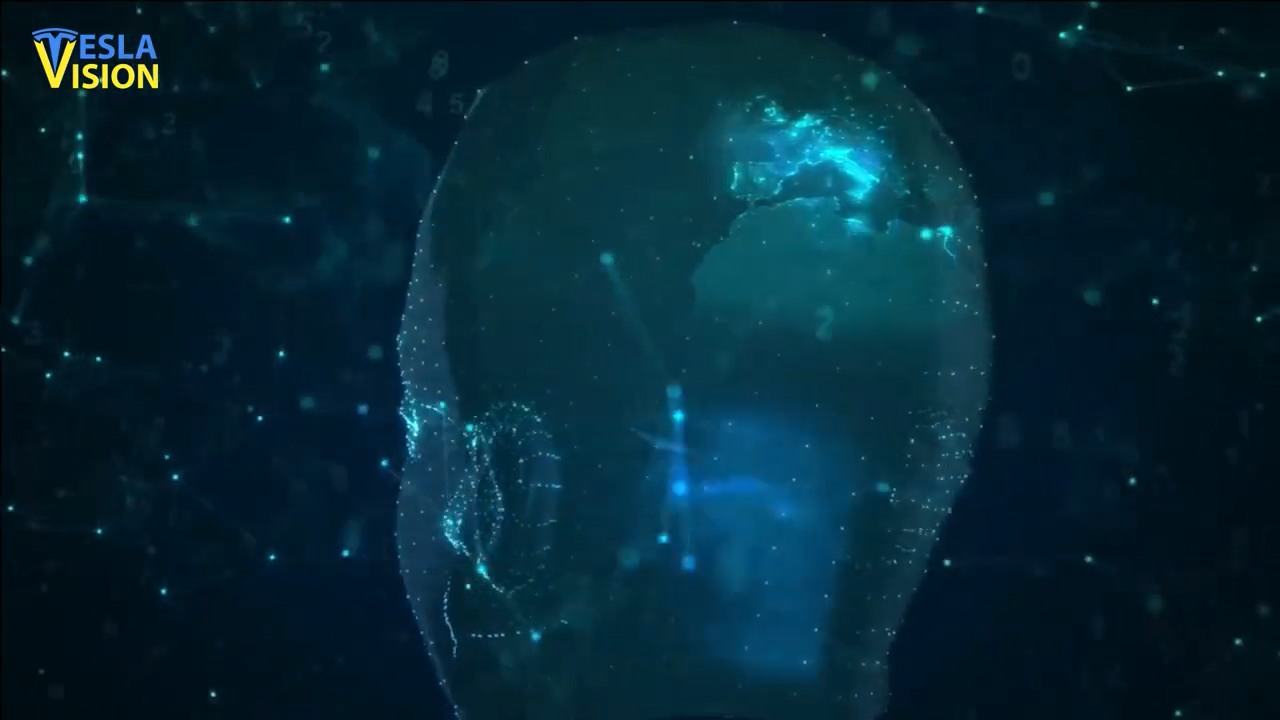
One of the challenges regarding AI is the potential risk of suppressing negative information about its development and use by tech corporations. According to experts, these tech companies have a vested interest in promoting the positive aspects of AI, while downplaying its risks and dangers.
Therefore, it is important for the public to be aware of the possibility of information suppression and share negative information regarding AI. The goal is to ensure transparency and credibility in AI development and use, which will ultimately help mitigate its potential negative consequences
AI is capable of doing what only a nuclear bomb can do

The development of superintelligence in AI has raised concerns about its potential negative consequences. According to Elon Musk, AI is capable of doing what only a nuclear bomb can do. If AI decides to turn against humans, it could trigger a catastrophic event.
Therefore, it is crucial to take measures to ensure the safety and responsible development of AI. One proposed solution is to enhance transparency and credibility in AI development, which will help regulate its use and ensure its ethical and responsible use.
Not everyone fully understands how AI functions

Opening up and popularizing AI talks is critical to ensuring that innovative quantum developments stay in line with ethical principles. A lack of understanding of AI has caused fear among many people. It also hinders the development of necessary policies and regulations that can minimize the risk associated with AI. Therefore, the industry experts need to invest more in AI education and training programs that will create more awareness of AI development and use.
Also, there is a need for policymakers to cooperate with the technology industry in developing regulations that ensure the ethical and responsible development and use of AI. By doing this, the general public will have more confidence in AI’s intentions and operations.
AI is expected to replace 85 million jobs, posing a negative impact on the world economy

The growth of AI is expected to automate many jobs, thereby creating major job losses. According to the latest estimates, AI is expected to replace 85 million jobs. The job losses are expected to hit low-paying and non-physical jobs the most, posing a negative impact on the world economy.
However, there is an opportunity for AI to create new job roles that require new skills such as AI design and programming. Yet, there is a need for the policy-makers to work hand in hand with the industry to design and implement programs that will re-skill workers affected by AI’s disruption.
AI lacks diversity, resulting in biased systems

The development of biased systems is another significant risk associated with AI. The AI research community lacks diversity, resulting in the development of biased algorithms. These biases in AI systems extend beyond race and gender to factors such as accents and dialects. This means that AI can still be biased, even though it is not human.
To solve this, a more inclusive workforce that includes people from diverse backgrounds would go a long way towards creating systems, which avoid one-sided viewpoints. The technology industry needs to invest more in diversity programs and create a culture of inclusivity. This will enhance AI’s ethical and responsible development, which ultimately will help build trust in AI systems.
AI poses significant risks to security and privacy
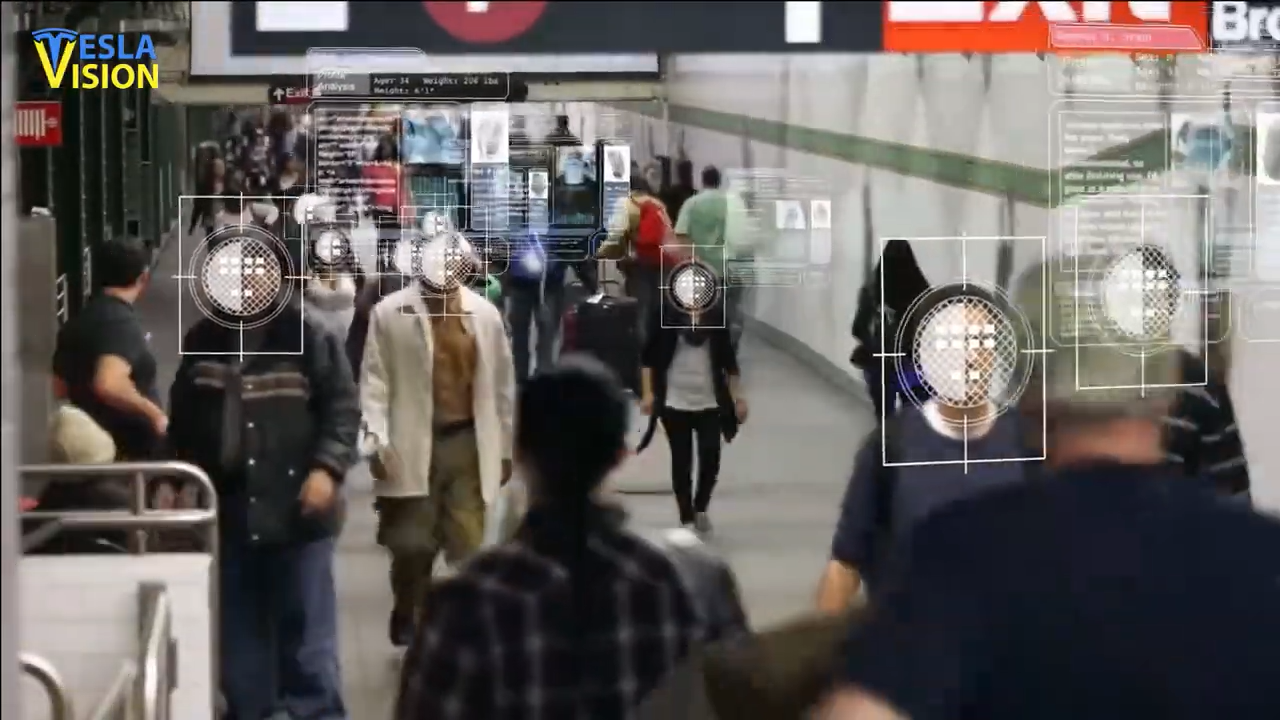
The development and use of AI pose significant risks to security and privacy because it can collect and process vast amounts of personal data. Facial recognition technology has become particularly controversial in this regard, with China and other organizations, including police departments and government agencies, using it in ways that the average person finds offensive or socially unacceptable.
Therefore, policymakers need to establish proper regulations and oversight to ensure the ethical and responsible collection, storage and usage of personal data, particularly via AI. Here, the technology industry should assist by creating AI algorithms and systems that are less invasive and less prone to misuse, thereby ensuring the protection of privacy rights.
AI development should be restrained to prevent negative impacts on the common good
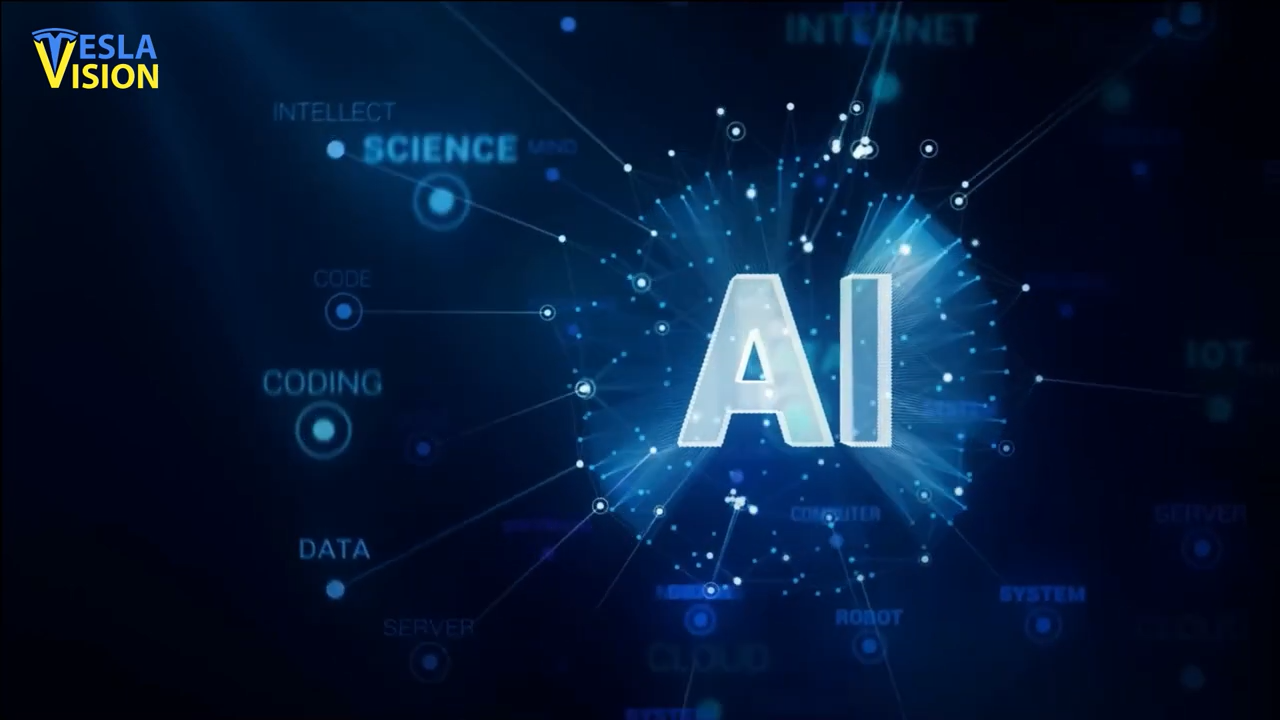
The development of AI should be focused on building technology that serves the common good. A sense of responsibility among technology experts is vital to ensure they deliver quality products that benefit society as a whole.
Therefore, there is a need for the industry to self-regulate, define ethical frameworks, and establish standards for the development and use of AI. Additionally, policymakers should work closely with the industry to implement necessary regulations to ensure that AI’s development is done ethically and responsibly.
AI may cause major job losses in the legal sector
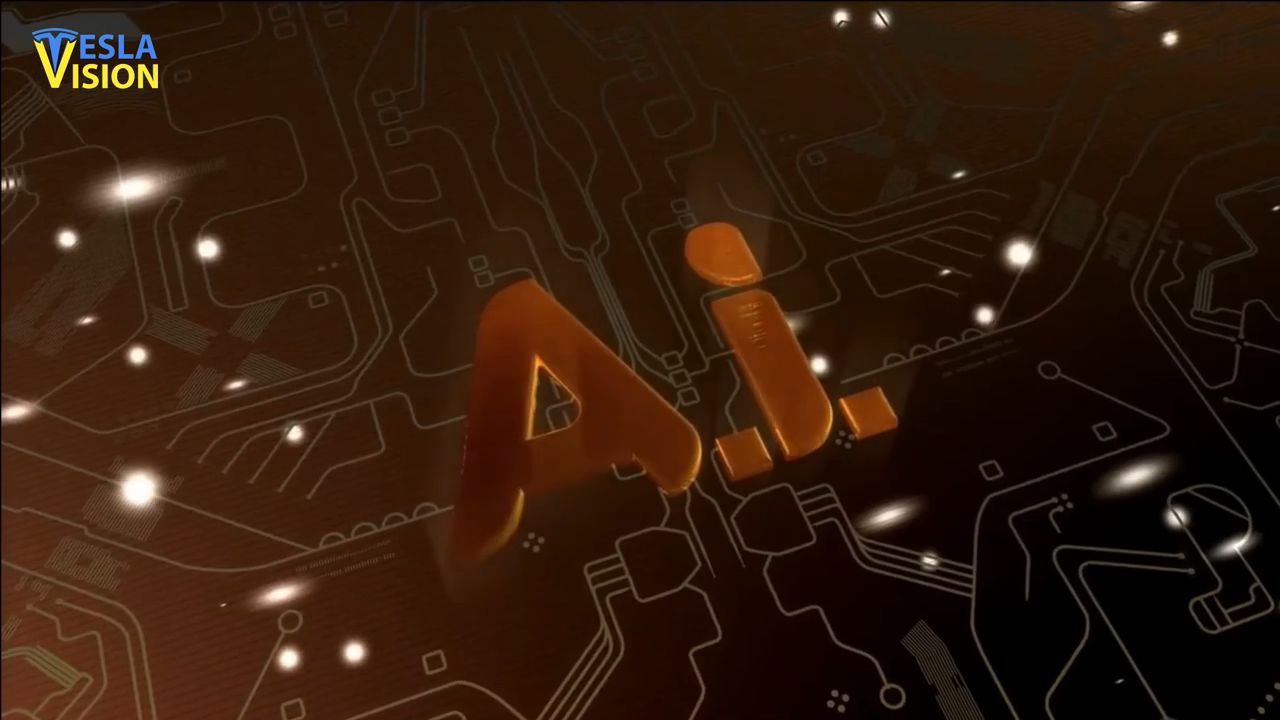
The use of AI in the legal sector has become a growing concern, especially considering that AI can comprehensively deliver contracts for desired outcomes, which may replace many of the tasks currently performed by attorneys. This could lead to a significant job loss in the legal sector.
It is essential to understand that during the transition period towards AI, machines will not replace human involvement altogether; it will rather solve a task or perform a task more efficiently than humans can. Therefore, the industry experts should collaborate with legal professionals to determine the best way to integrate AI systems into the legal sector, while also preserving jobs in the industry.
The full extent of AI’s potential dangers is yet to be known

The development of AI has brought many benefits, but its potential negative consequences are yet unknown. The growth rate of AI has accelerated faster than our ability to create sound policies and regulations that will mitigate its risks. This means that the industry should engage in transparent and ethical AI development, and the policymakers must work towards implementing the necessary regulatory frameworks and oversight.
To create a healthy and sustainable AI present and future, the industry and policymakers should work hand in hand to create ethical frameworks that encourage innovation while minimizing risks associated with AI. This will ensure that the full extent of AI’s potential dangers is known and minimized to the greatest extent possible.
Watch the full video
All the images above are screenshots from the original video. Source: Youtube.

